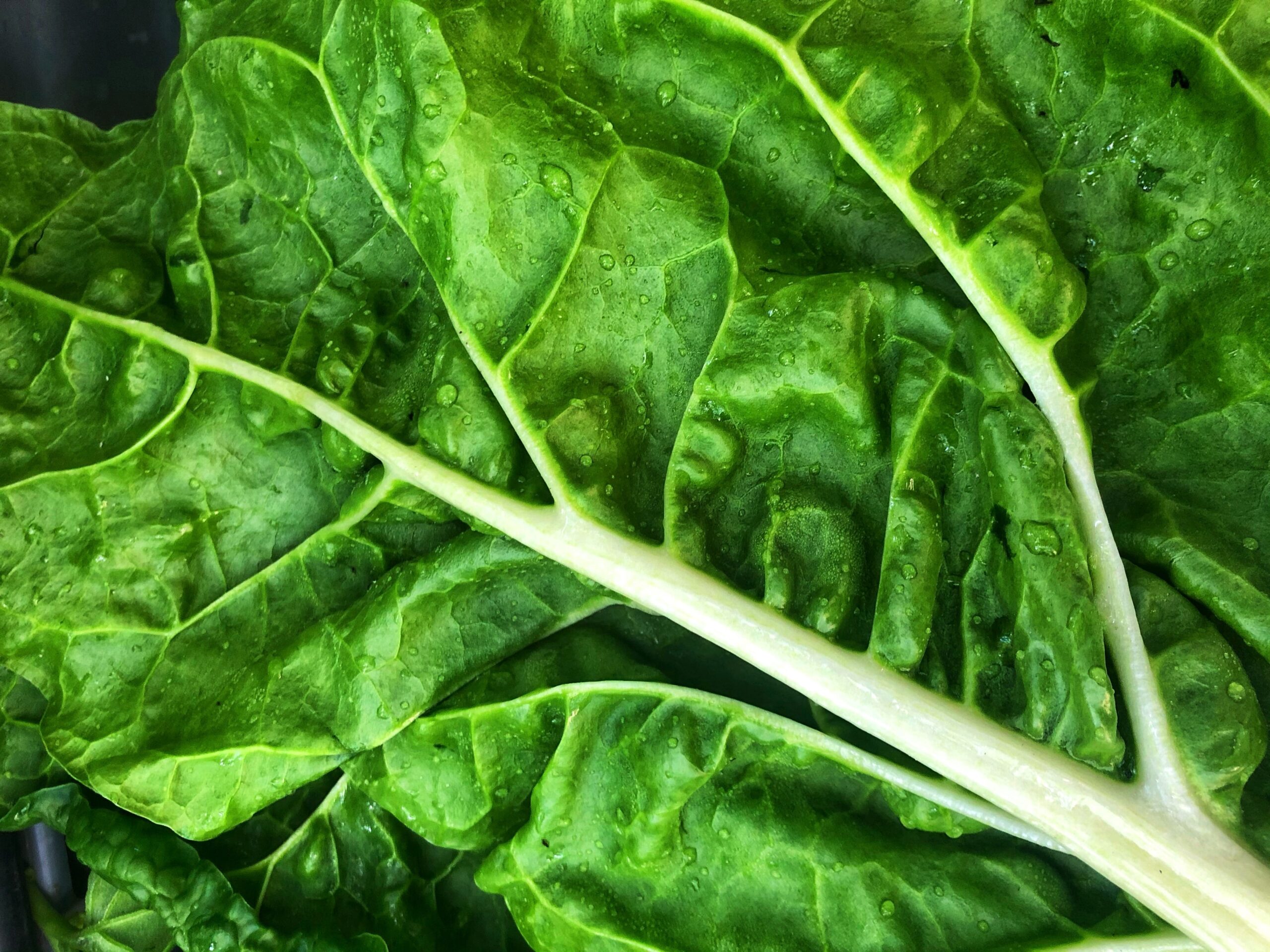Did you know calcium is the most abundant mineral found in the body, with up to 99% of the calcium in our bodies stored in our bones(1).
Functions of Calcium (2)
- build strong teeth and bones
- aid in blood clot formation
- regulate muscle contractions
- help hormones release
If you are vegan or trying to reduce dairy in your diet, either to avoid lactose which can cause IBS symptoms or for environmental reasons, you may be wondering if it is possible to hit your daily goal of calcium. Happily, it most certainly is doable to reach your daily goal through a fully vegan diet.
Daily Calcium Requirement (3)
Children aged 1 – 3: 350mg
Children aged 4 – 6: 450mg
Children aged 7 – 10: 550mg
Male children aged 11-18: 1000mg
Female children aged 11 – 18: 800mg
Age 19+ years: 700mg
It is important to ensure you are achieving adequate intakes of calcium, particularly for children as they are growing, to make sure you reach peak bone mass, maintain adult bone mass and prevent later life bone loss(4).
How to increase calcium absorption(5)?
Calcium absorption can be increased by ensuring you have adequate vitamin D levels. In some cases people may require a vitamin D supplement. For example, if you live in countries that get less sunlight or you are housebound.
What hinders calcium absorption(5)?
Caffeine may affect how well your body absorbs calcium. It is suggested to not drink coffee with meals and be aware of your intake.
We also know excessive alcohol hinders calcium absorption and puts you at higher risk of osteoporosis. However, moderate levels of alcohol may preserve your bone mass density. This does not mean start drinking higher levels of alcohol! The negative affects of alcohol will outweigh any positives if drunk regularly and excessively. Try to stick to recommended alcohol units.
Can I take too much calcium(6)?
Yes, you can take too much off most things if we are being honest. However, it is hard to get too much calcium from diet alone, and the problem usually arises when supplements are being added in.
The first signs of taking too much calcium may be stomach cramps and diarrhoea. In more extreme cases it could lead to kidney stones and an increased risk of cardiovascular diseases. But again this is mostly from supplementation not food.
Should I take calcium supplements?
Always try to take a food first approach. Focusing on adding variety and calcium rich foods, alongside adequate vitamin D levels. However, if you are in an at risk group or you are worried about your calcium levels, speak to your doctors or qualified nutritionist first.
Calcium Deficiency
Initially, a lack of calcium won’t be recognisable. Your body will try its best to regulate the calcium you do have.
However, in children lack of calcium can lead to a disease called rickets. Rickets will affect children bone grown and cause bone pain and potentially bone deformities. For most, this is easily treatable by increasing dietary levels of vitamin D and calcium(2).
In adults you are at risk of osteopenia which can lead to osteoporosis if left untreated. Osteoporosis occurs when your bones start to breakdown as your body uses your stores of calcium to maintain normal functions, such as regulating your heart beat. It is natural to loss bone density as you grow older, however you don’t want to loss too much. It is important to reach peak bone density when you are growing and maintain a healthy lifestyle to prevent this from happening.(6)
Typically, you won’t notice if you have a calcium deficiency and one of the first signs can be tooth loss or a fracture. But other symptoms can include:
- Fainting
- Intestinal cramping
- Low blood pressure
- Loss of height
- Brittle nails and hair
Are you at risk of calcium inadequacy(4)?
There are some groups of the population who will be more at risk from having a lower intake of calcium, which as shown above will have negative consequences on bone health later in life. If you are worried, speak to a doctor.
- people who are lactose intolerant
- those with eating disorders, specifically anorexia
- chronic dieters, if you persistently eat a low calorie intake with the goal of losing weight, you reduce your chances of achieving optimal calcium intakes
- pregnant and lactating women
- if you have a malabsorption syndrome
- if you are on corticosteroid medication
- patients with renal disease
- the elderly
- smokers – they may consume enough calcium but smoking decreases your bodies ability to absorb calcium
Vegan Sources of Calcium
- Calcium set tofu
- Fortified plant milk/ yogurt
- Kale
- Chia seeds
- Sesame seeds
- Tahini
- Chia seeds
- Wholemeal bread
- Broccoli
- Edamame beans
- Almonds
- Figs
References:
- Flynn, A., 2003. The role of dietary calcium in bone health. Proceedings of the Nutrition Society, 62(4), pp.851-858.
- NHS factsheet: https://www.nhs.uk/conditions/vitamins-and-minerals/calcium/
- Gov UK: https://assets.publishing.service.gov.uk/government/uploads/system/uploads/attachment_data/file/618167/government_dietary_recommendations.pdf
- Mann, J. and Truswell, A.S. eds., 2017. Essentials of human nutrition. Oxford University Press.
- Theobald, H.E., 2005. Dietary calcium and health. Nutrition Bulletin, 30(3), pp.237-277.
- National Institute of Health Factsheet: https://ods.od.nih.gov/factsheets/Calcium-HealthProfessional/
*Disclaimer: I am not a doctor/medical professional – if you feel ill, have concerns about your health or IBS please contact your healthcare provider or in an emergency – the emergency services.
Photo by Johan Nilsson on Unsplash

Leave a Reply